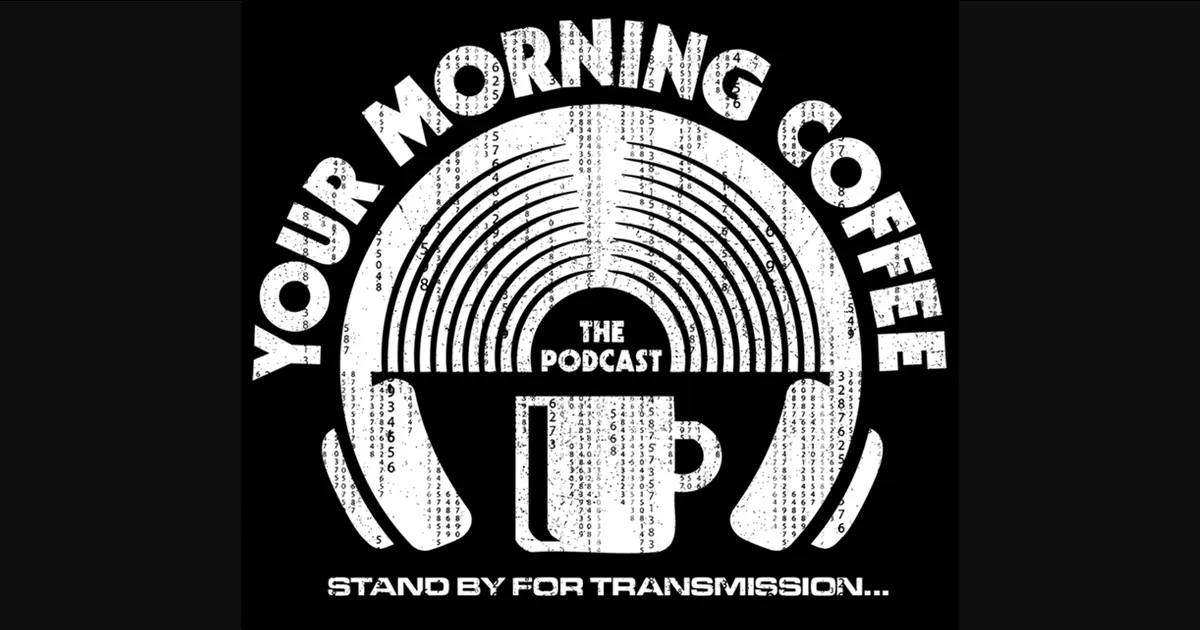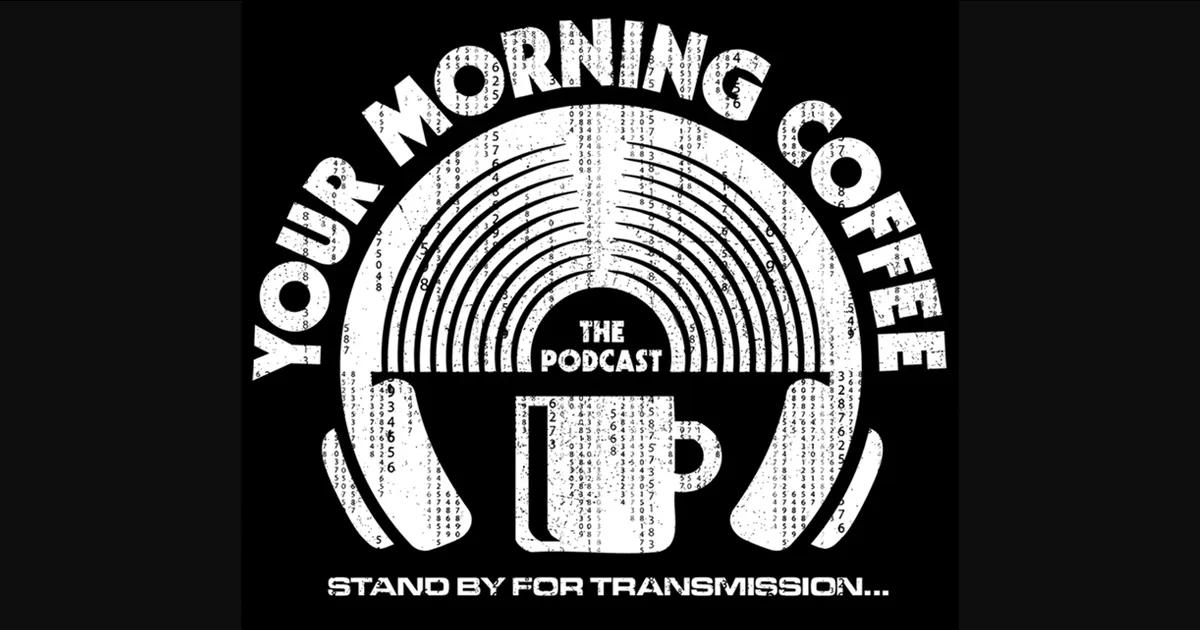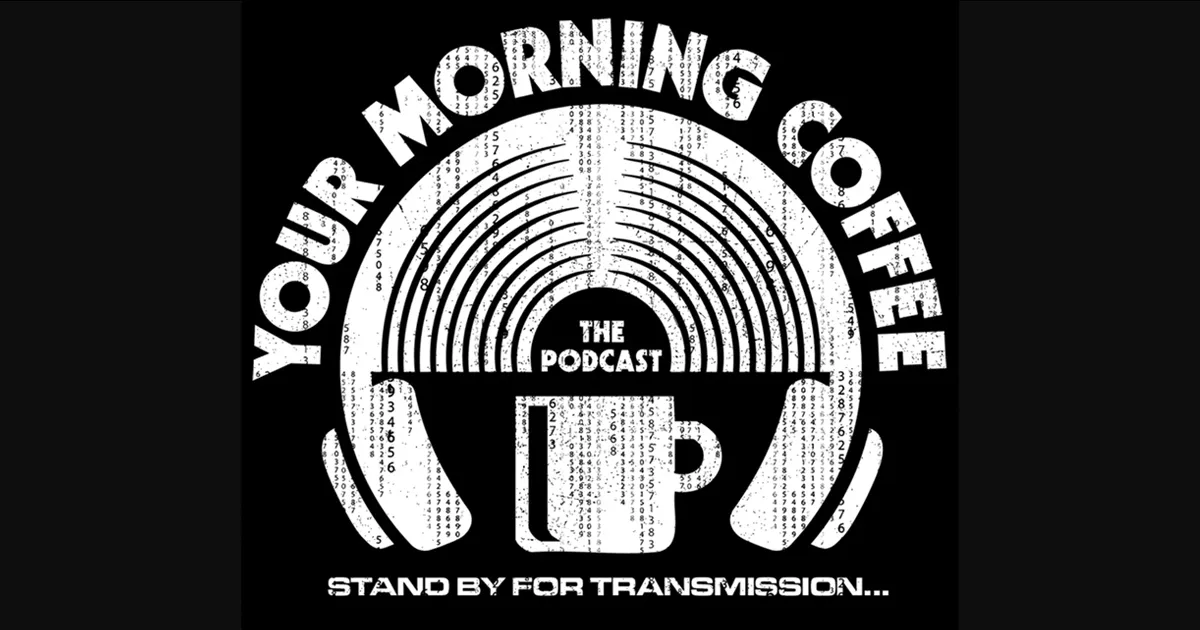Dmitri Vietze of Rock Paper Scissors and Music Tectonics dives into three major music tech topics and their impact on the entire music ecosystem.
by DMITRI VIETZE of Rock Paper Scissors
Every week I send out a curated selection of the top music innovation news, including big money moves in the industry, emerging trends, and developments in adjacent sectors. The Rock Paper Scanner (sign up for free here) is where I highlight significant news without editorializing. Today I want to go deeper and share my responses, synthesizing my wide reading and conversations with thinkers and doers across the landscape. These are the stories that were on everyone’s minds at SXSW, but these are my own hot takes.
TikTok/UMG Standoff

At SXSW, labels and managers told me how upset they were by UMG pulling so much content without warning, affecting their release and promotion plans this quarter. Some wished that UMG had given more of a heads up so they could adapt their release plans or dates. Others were just straight up mad that the largest label took away their agency. Now I am reading a wave of commentary on LinkedIn that UMG is missing the boat by abandoning such a significant touchpoint for fans.
My take: For decades, artists have been told “do it for promotion,” even when they are not getting paid. And ever since this has started, there has been the frequent response: “if it’s good enough to help promote your platform or brand, it’s good enough to get paid for it!” I say UMG is within their rights to pull their music and any music they represent. If a major label can’t stand up for the right to be paid, who can? Sure, they miss some fan engagement moments or even discovery opportunities, but just as artists can’t be everywhere all the time, neither can labels. This could tip the balance for music engagement on platforms like Instagram and YouTube. It could bifurcate songs on DSPs versus social media platforms. But at some point a rightsholder has to hold the line on what they are willing to give away.
AI’s Impact on Music

If 2022 was all about NFTs, 2024 is all about AI. But it’s not the same thing. The NFT and Crypto surge was a gold rush whose speculative nature added controversy beyond utility or music fan engagement. The argument regarding AI and music asks: Will AI-generated music flood the market? Will human artists lose ground and value thanks to AI? How is AI being trained on music, have rights holders approved this use, and how can we track the source training material that led to this derivative music? Who owns AI generated music when it is a hybrid of software developers, trained AI, and human creators? With all the technological tools that help human artists, where do you draw the line?
My take: There are two types of AI: ethical AI and whatever-goes AI. Ethical AI doesn’t scrape other people’s music without their permission, attribution, or compensation. Ethical AI still has the ability to flood the market, but that is inevitable; no different than the clichéd photos of food and sunsets, and videos of kittens, stunts, and skits. That ship has sailed. Next up are systems and tools that track derivative sources and deep fakes.
Fandom as a Business

This one is less controversial than the other two hot takes, but interest in this topic is exploding right now. Why? We’ve all mourned the fragmentation of the music experience. You go to a DSP to find and listen to music. But there is a disconnection between artist and audience. Other than the hybrid social video/music platform called YouTube, where fans listen and where they communicate with artists are not the same place. Fans want to be closer to artists they love and artists, managers, and labels know it. Streaming is table stakes in music today. The real value is in experiences. The controversy is whether this is a monetizable and less fragmented place to invest resources.
My take: Fans are going to go where fans are going to go. It appears that most DSP attempts to tap fanatical behavior, which leads to more opportunities to monetize music artistry and brand, have failed beyond a subscription fee. It’s the classic Innovator’s Dilemma! DSPs are built around two models (subscriptions and ads) and their business DNA makes it tough to monetize differently. Labels have shown signs that they want to capture fandom monetization extensions, but fans will likely want to gather in label-agnostic places. There is the possibility that a DSP or label group could buy a fandom app once it gets traction, but if they don’t leave it as fairly autonomous… well. We know what happens with most M&A. I’d prefer to see third party platforms that DSPs and labels can play nicely with.

About Rock Paper Scissors:
Founded in 1999, Rock Paper Scissors, Inc. is a music tech PR firm composed of a diverse team of communicators, creatives, and business minds. We have represented thousands of projects from six continents. Our roster includes clients in music technology, music gear, B2B music agencies, music consumer products and apps, artist-facing and label services, music sync platforms, music AI, fintech for music, and much more.
Get in touch:
- Contact our team so we can start crystallizing, articulating, and amplifying what makes your company unique.
- Learn more about the services rock paper scissors offers.
- See the success other music tech companies have earned thanks to Rock Paper Scissors PR campaigns.

About Dmitri Vietze:
Born in Nashville, Dmitri moved to NYC as a teen where he busked in the subways while studying music at “the Fame High School” for Music and the Arts. After earning his business degree, he leaned into his entrepreneurial bent and launched rock paper scissors in 1999. His vision was to combine cutting edge technology and deep organic storytelling to help clients crystallize their missions in compelling ways and amplify them in innovative ways.
He continues to lead the company from music to tech and into other fields that are changing the world every day. When others told him that the company he envisioned would not succeed in college town Bloomington, Indiana, he took that as a challenge and has built a collaborative team that leans into the Midwestern ethic of hard work, warmth, and caring. Dmitri stays at the cutting edge of music tech innovation by hosting the weekly Music Tectonics podcast and the annual Music Tectonics conference. He can also be found speaking on stage at conferences ranging from SXSW to Music Biz on new approaches to publicity, innovation, and resourcefulness.





